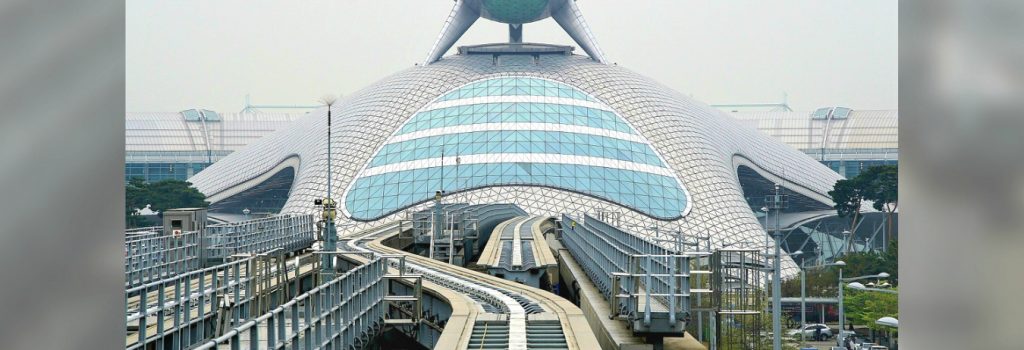At the 2019 Skytrax World Airport Awards, global airport customer satisfaction survey, Asian airports dominated, once again. Following Singapore in top spot (winning for the seventh consecutive year) were Tokyo International Airport (Haneda) and South Korea’s Incheon International Airport.
Rest of the top 10
Only Hamad International Airport (Doha), placed fourth, managed to prevent a clean sweep of the top five by East Asian airports with Hong Kong claiming fifth spot. It’s striking that Japan has as many airports in the top 10 (Haneda, Central Japan and Narita) as the whole of Europe (Munich, Heathrow, Zurich). The only acknowledgement for airports in the US was Houston, which was recognised for its website and digital services.
Setting the bar
Asia continues to lead the way, and dominate for now, not only by setting a high standard in terms of all-round cleanliness and friendliness, and by offering superlative F&B, shopping and recreational experiences, but also through introducing new biometric and state-of-the-art technologies that have streamlined processes from check-in through security to boarding. For now, airports in Europe, Australia and the US are playing catch up but they are also following this trend to enhance the all-round airport experience.
Double-edged sword
Some argue that all of this investment and innovation is less about passenger welfare than commercial interests, the logic being travellers can’t spend money at the airport when they’re stuck in a queue. If so, it’s perhaps a double-edged sword for relevant authorities. The more automated and predictable check-in procedures become the more passengers are likely to reduce the ‘buffer’ that they normally add on to trips. For now, the idea that airports in future could be too efficient for their own good might sound too good to be true for many frequent fliers.
Photo: part of Seoul Incheon airport. MSchiemenz





